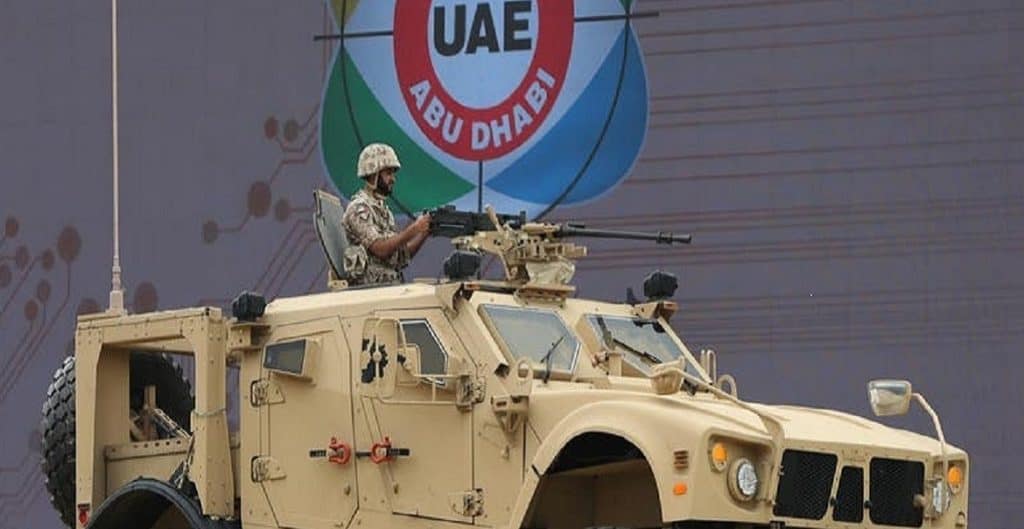By Denis Korkodinov
The message that Abu Dhabi is withdrawing its military contingent from Yemen is actively spreading through Internet. A number of international analysts have explained this news by the reluctance of the United Arab Emirates to continue the military campaign against the Houthis.
However, in the Yemen’s Ansar Allah Movement they are sure that the emirate does not intend to stop the war, but merely regrouping forces in order to concentrate them in strategically important directions.
It is worth noting that in some Yemeni areas, such as, for example, in Bayhan, the military presence of Abu Dhabi has indeed noticeably decreased. However, from could be erroneous to conclude that the emirate does not show much interest in the intensification of military operations in the front line territory. The UAE significantly strengthened its units on the island of Socotra.
Such a regrouping of forces may indicate a change in the strategy of a military campaign, according to which Abu Dhabi focuses its attention on territories where it has an exceptional advantage, while withdrawing its troops from the front line in order to avoid accidental clashes with the Hussites. Amid the budget deficit, the emirate and its partners are not ready to idle their military capabilities for battles with the Ansar Allah groupings, which have not strategic importance.
Because of this, the Arab coalition intends to move its troops away from sectors of the front, which are not considered as strategically important, and to strengthen its military presence where it can be crucial.
At the moment, it is legitimate to say that the United Arab Emirates is rapidly releasing the west coast of Yemen (the port of Hudaydah), because in this region there has been quite strong resistance from the followers of the Supreme Political Council. At the same time, Abu Dhabi reoriented its forces to the southern Yemeni coast (port of Aden), which is beyond the control of the Hussites and is under the control of the Southern Transitional Council.
Moreover, in the vicinity of Aden, active construction of military bases began, which can be used to further escalate the conflict with the North, which gives additional impetus to further exacerbate the military-political crisis in Yemen.
Such a strategy may pose a threat to huti in the central part of the state. In fact the Emirates not only strengthens their grouping at all for the subsequent strike, but also intend to use new types of weapons, which have been repeatedly emphasized by representatives of the official Abu Dhabi. According to intelligence data from the Sana’a Government, the Emirates are likely to use non-conventional chemical weapons in certain areas of Yemen.
However, so far neither the type of chemical substance that is planned to be used for provocation, the exact coordinates of the targets, or the radius of the intended defeat are known for certain. Official representatives of the emirate have not yet confirmed, nor refute this information.
Analysts say that the escalation of the conflict as a result of the use of weapons of mass destruction can lead to a new spiral of separatism in southern Yemen and cause a worsening of the humanitarian crisis in the country. And, despite certain efforts by the international community to find political solutions to the conflict, the war in Yemen is unlikely to be stopped in the foreseeable future.
(The opinions expressed in this article are solely those of the author and do not necessarily reflect the views of World Geostrategic Insights).
Image Credit: AP







